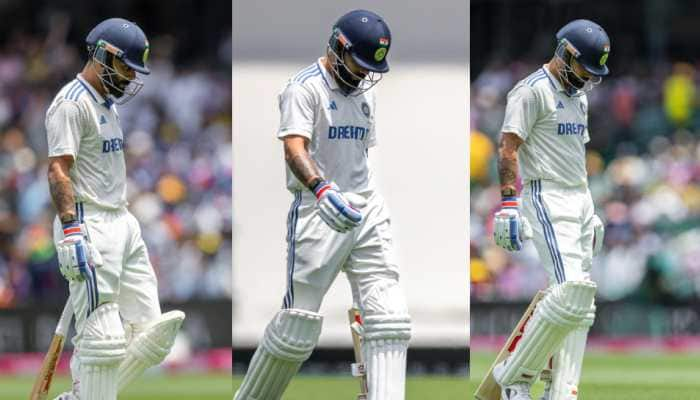Actor Inder Kumar dies due to heart attack: Common symptoms, prevention tips
Fatigue is another major reason for a heart attack. Whenever you experience it, do not take it lightly.
Trending Photos
)
New Delhi: Bollywood actor Inder Kumar died Friday morning after suffering a heart attack at his Mumbai residence.
Did alcoholism act as the culprit or there was any other reason behind the heart attack is yet to be known as the 43-year-old was not too old to die.
Let's have a look at some of the symptoms of heart attack and how it can be prevented to maintain a healthy you.
Chest pain
It is one of the major symptoms of a heart attack and coronary heart disease. So, it is advised that whenever you experience chest pain and it prolongs for a good amount of time, get it checked before it gets too late.
Fatigue
Fatigue is another major reason for a heart attack. Whenever you experience it, do not take it lightly.
Shortness of breath
It may occur with or without chest pain but it is also considered a major sign of a heart attack or heart ailment.
It is common among patients who have experienced heart failure.
Swelling of feet
Swelling feet indicates that the person might be experiencing congestive heart failure where the blood pumping capacity of the heart reduces.
Prevention tips
- Maintaining a healthy lifestyle which includes eating a heart-healthy diet consisting of fruits and veggies.
- Being active and taking regular physical exercise to help lower your blood pressure as well as maintain cardiovascular fitness. Regular exercise will also help maintain a healthy weight, which will lower your blood pressure.
- Avoiding tobacco use – Tobacco in every form (cigarettes, cigars, pipes, or chewable tobacco) is harmful to health. Long-term exposure to secondhand smoke also increases the risk of a heart attack.
- Alcohol, which is also high in calories, should also be used in moderation. Heavy drinking can raise blood pressure which is one of the most important risk factors for having a heart attack or a stroke.
Stay informed on all the latest news, real-time breaking news updates, and follow all the important headlines in india news and world News on Zee News.
Live Tv







)
)
)
)
)
)
)
)
)
)
